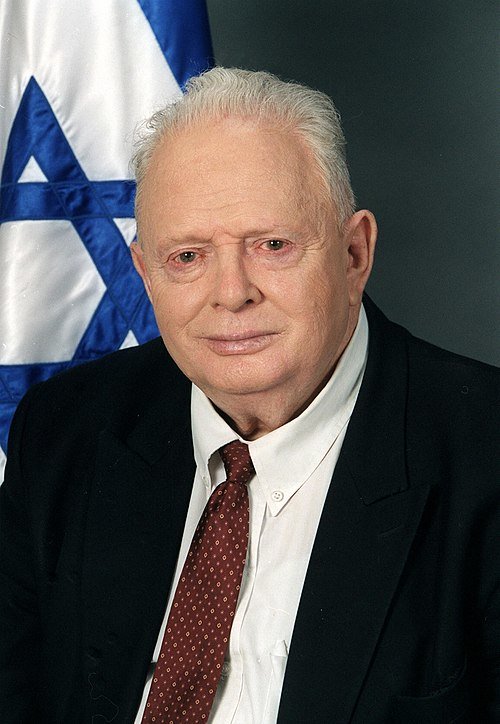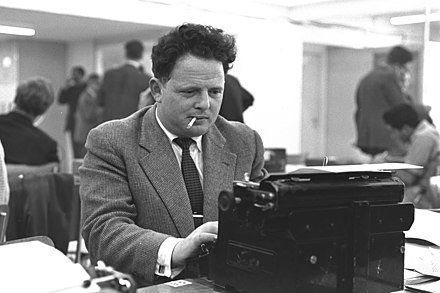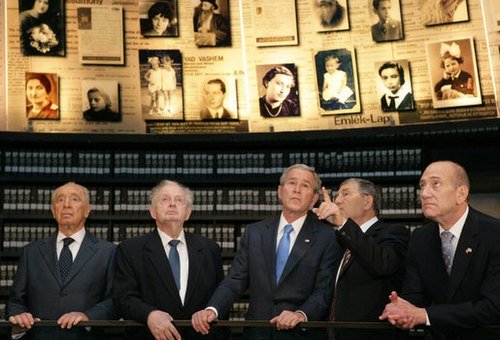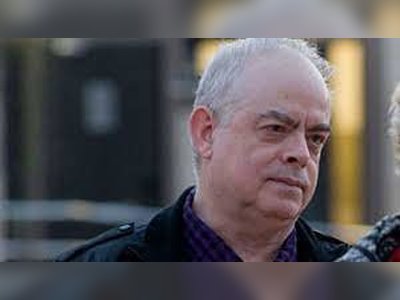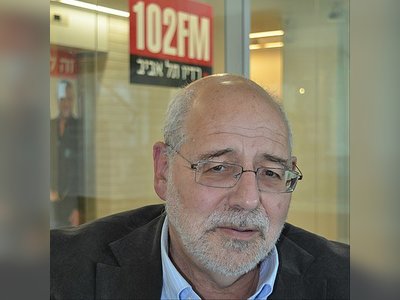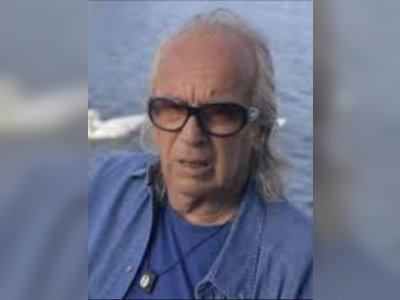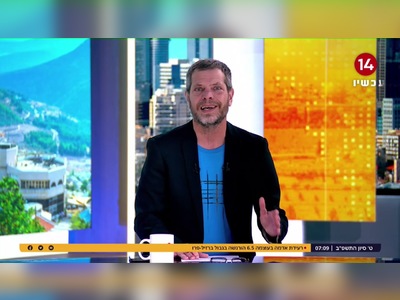Yosef (Tommy) Lapid: A Life of Remarkable Resilience and Accomplishment
Yosef (Tommy) Lapid, born as Tomislav Lampel on December 27, 1931, and passing away on June 1, 2008, was a multifaceted Israeli figure, encompassing roles as a writer, journalist, playwright, and politician. He held prominent positions as the leader of the Shinui Party, a member of the Knesset (Israel's parliament), Deputy Prime Minister, Minister of Justice, and head of the opposition.
Early Life
Yosef Lapid was born as Tomislav Lampel in Novi Sad, Serbia, which was then part of the Kingdom of Yugoslavia. He was the son of Katharina (Katyo) Edna Berman and Dr. Bela (Meir) Lampel, both of whom belonged to a Jewish-Neolog family. Until the Treaty of Trianon, the region was part of the Kingdom of Hungary, and like most of the Jewish population, the family spoke Hungarian.
His father served as the secretary of the Zionist Federation in Vojvodina and later became the president of the Jewish Community of Novi Sad. In 1941, when the Axis powers invaded Yugoslavia, Novi Sad fell under Hungarian control.
The family's life was disrupted when Yosef Lapid was just twelve and a half years old, a year before the end of World War II. On the morning of March 19, 1944, when German forces entered Hungary, his father was taken by the Nazis, an event he described as "the moment when, as far as I'm concerned, God died." Initially, his father was transferred to a local hotel where Jews were gathered, then to the Hungarian concentration camp in Bački Topol̈.
From there, he was sent to Auschwitz and eventually killed as the war neared its end. Yosef Lapid and his mother were taken to the Budapest Ghetto, where they survived with the help of Raoul Wallenberg, but many of their extended family perished in the Holocaust. In the winter of 1945, as Budapest was being liberated, Hungarian Nazis and fascists led Lapid and his mother, along with many other Jews, to the banks of the Danube River, where they were lined up facing the water and shot. These events later became known as the "Shooting on the Danube."
As they were being led to the river, a Soviet plane flew low over the procession, causing confusion. In the chaos that ensued, Lapid and his mother entered a small public building by the roadside and hid there, thus surviving the massacre. Later, they returned to Novi Sad, only to find that their home had been confiscated. They lived in a city under the control of the communist dictator Josip Broz Tito for three and a half years before being allowed to leave. On December 25, 1948, they made Aliyah to Israel on the ship "Kefalos."
A Journalistic Journey
In an article he published 50 years later, Lapid presented his perspective on the achievement of absorbing the immigration to Israel: "We shaped a democratic country, a pluralistic society, and one people - instead of having this and that and that. All the divisions of opinions on immigration and absorption are a matter of 'what's in it for me,' as opposed to the true achievement of the melting pot."
Upon his arrival in Israel, Lapid immediately joined the IDF (Israel Defense Forces) and served as a vehicle mechanic. After his release from the military, he completed his high school studies and then pursued a degree in law at the Hebrew University of Jerusalem, graduating in 1957. In 1952, he began working as a journalist for the Hungarian-language newspaper "Ahoi Kult," where he became acquainted with Ephraim Kishon and Israel Kasztner.
In 1955, on Kishon's recommendation, he was hired by the newspaper "Maariv" as the personal secretary to the chief editor, Azriel Carlibach. On Carlibach's advice, he changed his family name to Lapid. He held various roles at "Maariv," including writing in Beersheba and Tel Aviv, and conducting a column of interviews called "Talking About Them This Week."
From 1963 to 1966, he worked as a correspondent in London for the newspaper. Upon his return to Israel, he was appointed to cover the Knesset. In 1967, he was chosen by Maariv to establish the women's magazine "At," which he edited for several years. In the same year, he hosted the television program "I Have a Guest" on Israeli television.
In 1970, Lapid began publishing "Lapid's Guide to Europe," a series of travel guides in Hebrew that became highly popular and ran for 20 editions.
In addition to his work at Maariv, he hosted a program called "Night Waves" on the IDF radio station Galei Tzahal. In 1974, he was appointed as the secretary of the editorial board at Maariv.
In 1979, Lapid was appointed as the Director General of the Broadcasting Authority and served in this capacity until 1984. His appointment was seen as a right-wing choice following the political shift that brought the right-wing to power in Israel. During his tenure, Lapid was involved in several controversial actions, including the non-renewal of the television contract of Arnon Zuckerman, which was seen as his dismissal.
He also enforced restrictions on interviews with members of the Ashkenazi ultra-Orthodox community. Nevertheless, Lapid is generally regarded as a professional Director General who upheld the principles of free speech. One of his significant achievements during this period was the creation of the series "Pillar of Fire" by Yigal Lossin.
After leaving his position as Director General, he returned to Maariv, where he wrote op-eds and an editorial. From 1984 to 1987, he hosted a personal program called "My Week" on "Kol Israel" (the Voice of Israel) radio. This program earned him the Sokolov Award for Journalism in 1998. In the mid-1990s, he resumed the program.
In 1989, he was appointed as the head of the Union of Cable Television Companies, as cable television broadcasting began in Israel. He was also appointed as the business communications manager of businessman Robert Maxwell in Hungary.
In 1992, Lapid started participating in the program "Politics" on Channel 1, hosted by Dan Margalit. Lapid was known for his provocative style. Along with his fellow panelists, Dan Margalit and Amnon Dankner, he later moved to the program "Everything is Political" on Channel 2.
- יוסף לפידhe.wikipedia.org
